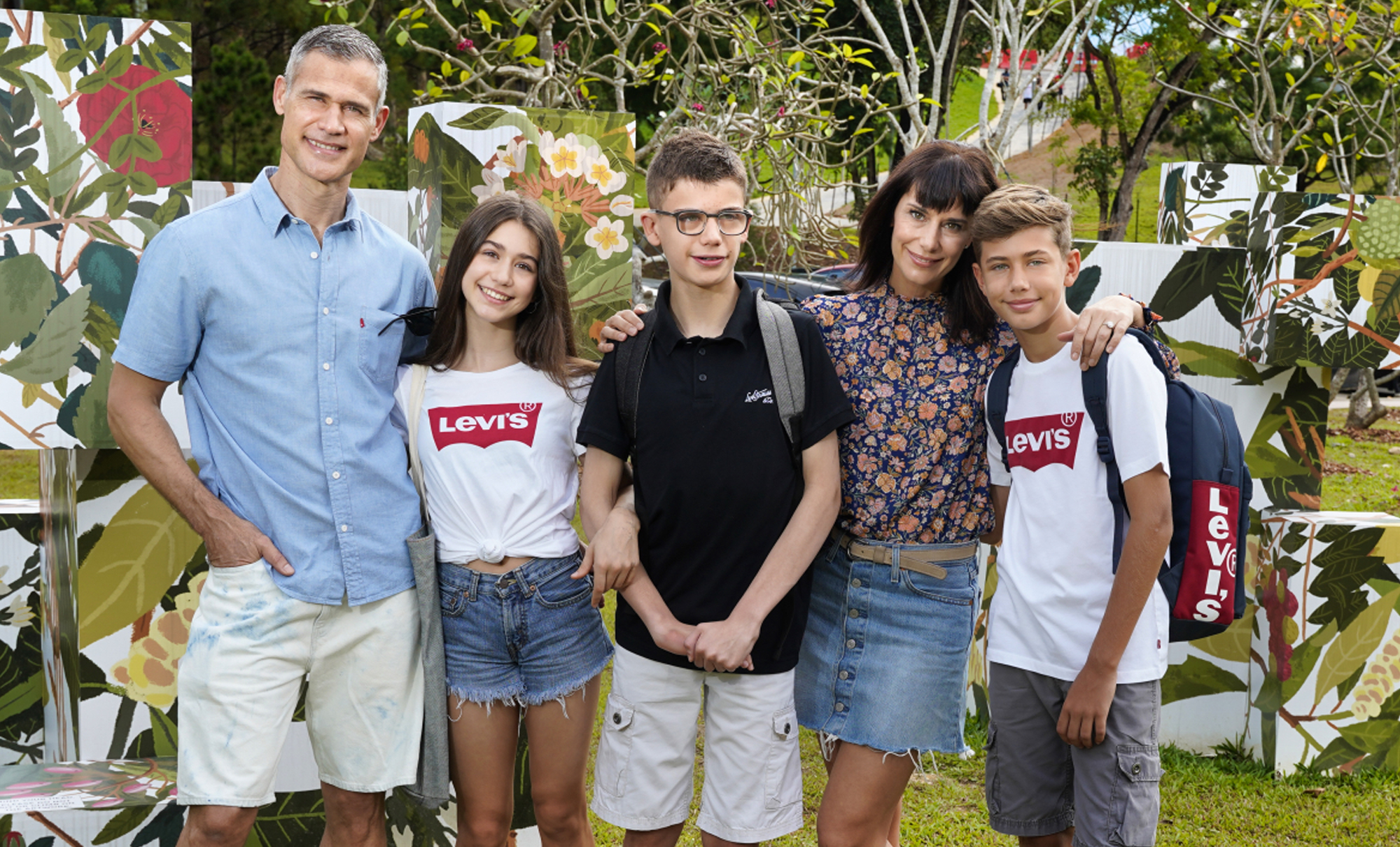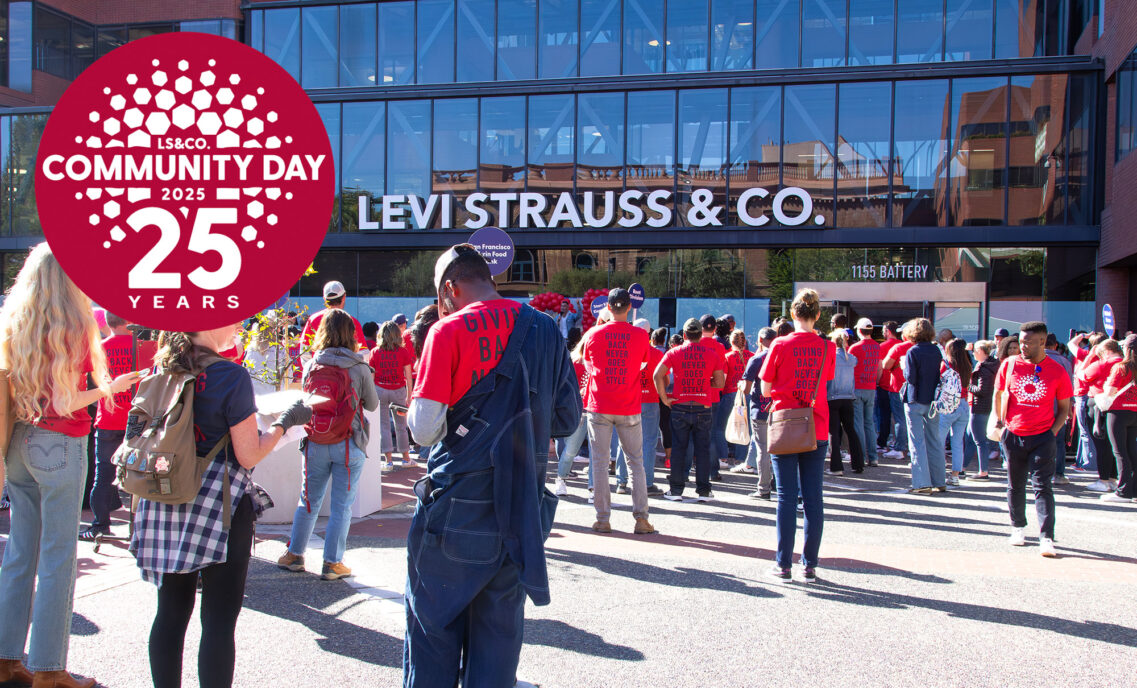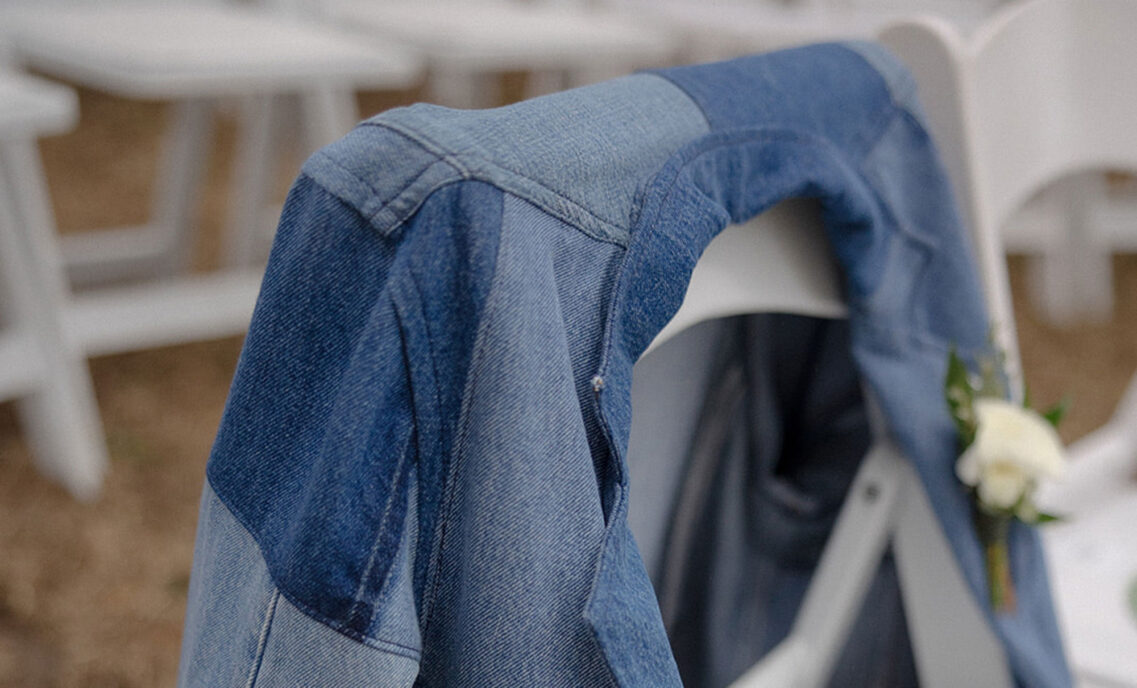April is World Autism Month, where communities come together to share stories and provide opportunities to increase the understanding and acceptance of people with autism. To mark the month, we sat down with Nuholt Huisamen, managing director of Australia, New Zealand Southeast Asia, Pakistan and Sub-Sahara Africa and a member of our Team A.B.L.E. (Adapting Beyond Limits & Expectations) employee resource group. Here’s what he shared about his son, who was diagnosed with autism spectrum disorder at 2 years old.
Tell us a bit about your son.
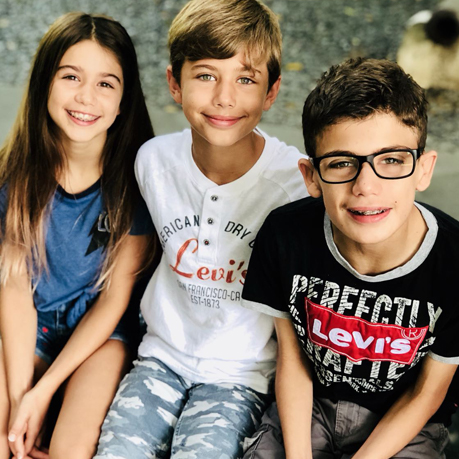
His name is also Nuholt and he is turning 18 this December, which I almost can’t believe. Nuholt is our first child — I also have a daughter, Danielle, who is 15, and a son, Jean, who is 12 — and he is probably my happiest child. He’s always laughing, he’s just such a happy chap.
He is obsessed with cooking and cooking shows. He loves making recipes, maybe because of the routine and order, and watches countless celebrity chef shows; Jamie Oliver, Gordon Ramsey, you name it, and he can almost recite every episode. Nuholt even met Gordon Ramsey while he was on tour in Cape Town — Gordon invited him on stage during a live cooking show and gave him a signed copy of his cookbook. It was a brilliant experience!
He and I go out to eat at his favorite restaurant here in Singapore every week, and he loves the process of ordering food and chatting with the waiters. It’s similar to how I take my other children to their rugby matches and gymnastics tournaments; it brings him joy, it’s his passion.
When did you and your wife first suspect something might be different about Nuholt?
When he was about 6 months old. At that age babies’ eyes should start stabilizing, and that didn’t happen for him. We took him to get an eye exam, and he wound up getting diagnosed with a fairly severe eye prognosis and started wearing spectacles. Around that same time, we also noticed he wasn’t reaching out to things.
I’m a fairly positive person, so I just kept saying to give him some time. As a parent you read about kids who are late developers, and when your child misses the earliest development dates it’s OK. But when the latest dates are missed as well, that’s when you start to wonder. And when Nuholt wasn’t crawling at the age of 2, we had to say that this is beyond being a late developer. So, we took him to a pediatric neurologist and confirmed that he was on the spectrum.
What was it like to receive that diagnosis? What did you do next?
It was devastating. However, it’s not a death sentence. He was still young, and we didn’t know how he’d develop. We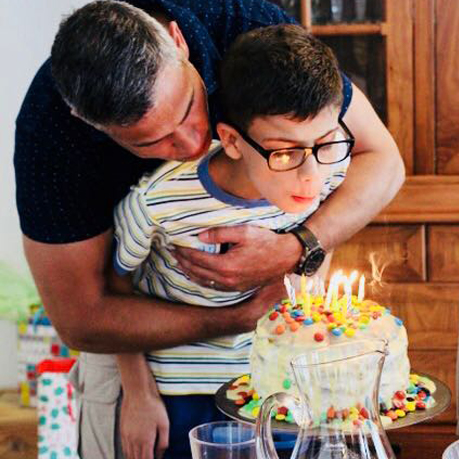 researched and explored every form of intervention and therapy we could get our hands on, because many kids can get back to “mainstream” with the appropriate intervention at the right time. We did everything we could.
researched and explored every form of intervention and therapy we could get our hands on, because many kids can get back to “mainstream” with the appropriate intervention at the right time. We did everything we could.
Eventually I realized that Nuholt is probably never going to get into the “mainstream.” The reality is that he’s on the severe end of the spectrum, and not just from an autism point of view. His gross and fine motor skills are also impacted — he only started walking when he was 6, and even now at 17 he can only run short distances. He also couldn’t learn how to write because he couldn’t manage those movements. This isn’t characteristic of most autism cases, but it is his reality, and why he will always be dependent on us. It took time, but we have accepted that and built a very good support system around him so that he, our other kids, my wife and I can live our lives as independently as possible.
What inspired you to share your and your family’s experience with your colleagues here at LS&Co.?
I was inspired by Marc Rosen when he shared his own family’s story last year. It’s not something that people always talk about, and I reached out to him and we started chatting. That’s when he invited me to join the new ERG.
When you start talking about this with people, you realize the world is very small on this topic. Many people have similar experiences and perspectives, and hearing their stories makes a difference. There’s comfort in knowing that there are like-minded people around you and a company that supports you as you navigate this with your family. It means a lot.
Any words of advice for other parents in a similar situation?
No two autistic kids are the same, so I can’t really give concrete advice besides this: You have to realize where your kid is at and get comfortable with that. I won’t lie and say you’ll wake up the next day after the diagnosis and everything will be fine. You have to go through the period of trying to deal with it and fix things, and then eventually you need to come to terms with that situation and allow yourself — and your kid — to be happy. We’ve got other people in our lives as well, and if we’re harboring negative emotions about the situation it not only affects our well-being but the well-being of those around us as well.



